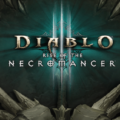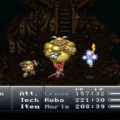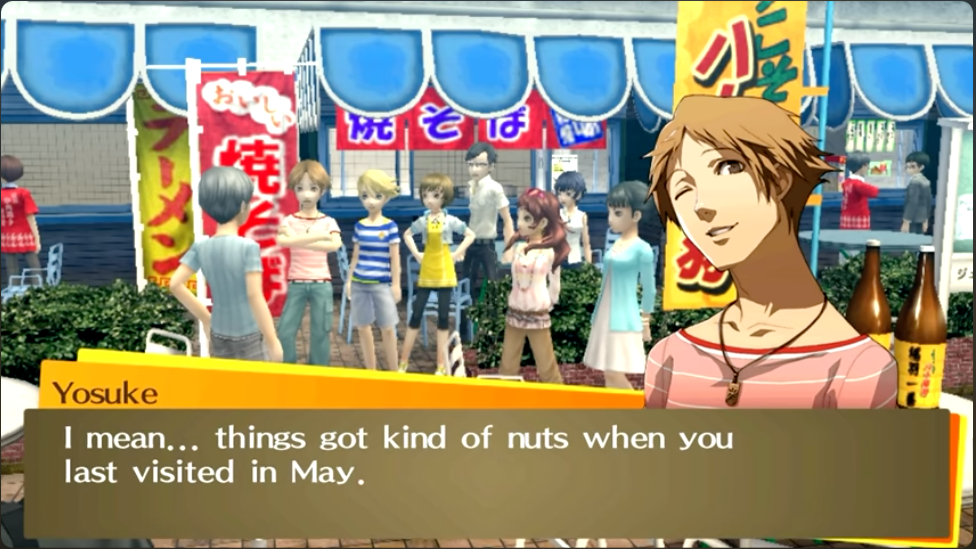Semantic Nonsense: Time is the fire in which I burn

Okay, let’s ease my blogging back to some proper basics like, “I did a gaming thing and it made me think of stuff.”
The recent addition of Harvest Moon to the Switch’s SNESflix selection gave me an opportunity to play the founder of its genre. While things have certainly come a long way since 1996 (and trademarks have also gotten very confusing), so much of the gameplay of more recent takes like Stardew Valley and can be traced back here.
Wait, Stardew Valley is 7 years old already? Geez.
Anyway, I got down to my first experience with Harvest Moon since reading about it in Nintendo Power some 26 years ago. I at least had realistic expectations of that age gap.
I have to say, the rush was surprisingly harsh. In addition to each season of the year being compressed into a month, by my reckoning, a full hour passes every 15 seconds. Even running around everywhere, a day flies by if you don’t focus your efforts. While the game’s world isn’t humongous, you can kiss a day goodbye just exploring one area.
At first I was freaked out about the constraints, until I eventually learned two things: You only lose stamina when using tools, and time stops at night until you go to bed. These observations radically changed how I approached the game, and made it MUCH easier to fit everything in. While it felt like I was exploiting an oversight in the game’s mechanics, I was at a loss as to how I was supposed to do well without taking this advantage.
It also led me to think that I hate having to race the clock in a game that isn’t, say, a platformer or racing. When I’m playing a sim or an RPG (or both, in this case), I like to be more contemplative about how I’m going around to things. The notion that I would have to dash from location to location to catch an event before it disappears (sometimes forever) in a game that otherwise isn’t about action is ridiculous.
I recently (that is, more recently than Stardew Vally was released) rented Loop 8: Summer of Gods from GameFly and decided the game wasn’t for me when I was tasked to go to class by 9am, but failed to mention which classroom was the correct one. I spent 20 minutes of in-game time wandering from door to door and mashing the X button before blowing the deadline. To this day I do not know if that was an intentional story beat, nor do I know which room was the correct class.
That all said, not every game is so nefarious with the passage of time, even when that passage is meaningful. Indeed, games like Sim City 2000 can’t be played without it, and it’s one of my all-time favorites. Though I could still speed up, slow down or pause the time to approach the game at my own pace at any given moment, and there were no dire consequences for time, like, go to this part of town by 5pm on January 22 or never be able to build a nuclear power plant.
I think Ocarina of Time is an even better example of time being a factor without it being a game-breaker (no, not the time travel). It simply has a day/night cycle but it is more for flavor, unmissable events and a few puzzles. It doesn’t rush you specifically to present a challenge or provide a punishment, and the game gives you means to switch between day and night at will fairly early in the adventure.
The only real challenge the game throws at you — which honestly, feels like an old-Nintendo-brand naturalistic tutorial — is that a casual player will not have enough daylight left to get to Hyrule Castle Town when departing the Kokiri Forest for the first time. Without speedrun strats, even beelining it only gets you there in time to see the drawbridge close.
It’s now obvious to me why I couldn’t get into Majora’s Mask. The second we hit the end of the final day when I was standing outside the boss room for the first dungeon really left a sour impression. While I am explicitly excluding it (and Spirit Tracks) from next year’s project to catch up on all the Zelda games I haven’t beaten, I should watch a longplay so I can at least enjoy the story.
Despite that, I find real-life clocks in a game are rather less annoying. I certainly do resent the notion that a game should require me to play it on ITS schedule rather than MY schedule (and live-services limited-time events can fuck all the way off). However, most games that follow time on a 1:1 scale also provide rather direct ways to change their clock. So Pokemon: Silver or Animal Crossing: New Horizon ‘s strong time-based mechanics were never really a bother. I never had to miss out on anything or plan my life around what was going on in the game.





